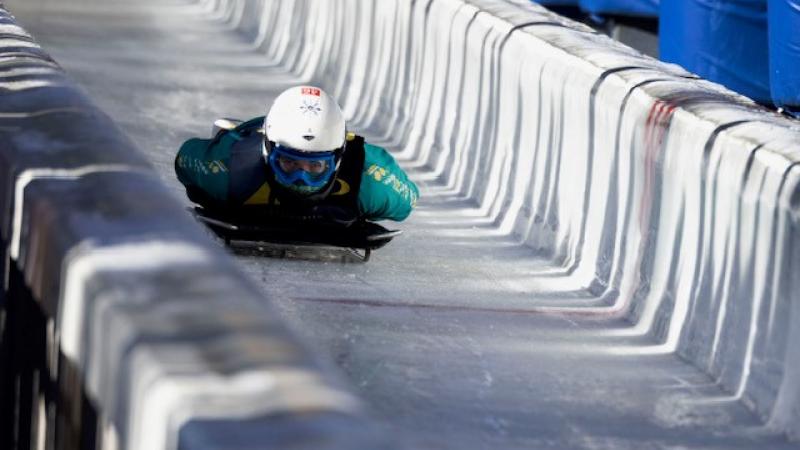The deaths are part of a spate of incidents involving dogs and wildlife on Otago beaches since the beginning of the year.
DOC ranger Richard Seed says this is a devastating reminder for all dog owners to keep their pets under control on the beach.
“Hoiho are one of the world’s rarest penguin species and we are lucky to share our coastline with them. Their population is rapidly declining due to a range of threats on land and at sea. Disturbance and deaths from dogs is such a needless threat but one that our community can help to stop. That means keeping your dogs under effective control at all times, and giving wildlife plenty of space.”
The deaths occurred in two separate cases. The most recent took place at Purakaunui Bay in the Catlins where a small dog was roaming off lead and mauled a male hoiho, killing it within seconds.
Earlier this year, a hoiho was observed being harassed by a dog on St Kilda Beach. Sadly, the penguin later died from its injuries.
Other incidents involving dogs include an off-lead dog grabbing and shaking a sea lion pup on Tomahawk beach. In this instance, the owner of the dog did the right thing by reporting the incident. The sea lion received no permanent injuries. Earlier in February, a red-billed gull was mauled by a dog on Brighton Beach, it was taken to Dunedin Wildlife Hospital but died from its injuries.
Richard Seed says people need to accept that any dog is capable of injuring wildlife.
“We know everyone is horrified when things like this happen and it’s not intentional. We always hear people saying that their dog would never harm wildlife but people need to understand that any dog, no matter the breed or how well-mannered they are, is capable of injuring or killing wildlife. We’ve seen it far too many times.”
“Hoiho are endangered and taonga to Ngāi Tahu. They’re incredibly vulnerable, especially from February to April when they come ashore to moult. They – and all other wildlife, deserve to be able to come ashore and rest.”
If anyone has any information, or witnesses any wildlife being harassed or attacked, they are urged to contact DOC on 0800 DOC HOT (0800 362 468).
The golden rules:
- Only take dogs to areas that allow them, and keep them under control.
- Keep your dog close and away from the dunes
- If you come across wildlife put your dog on a lead and lead it away.
- Warn other dog owners at the location.
- Notify DOC if you see wildlife being harassed by people or dogs.
- Get involved with
Find more information on when taking your dog onto the beach.







